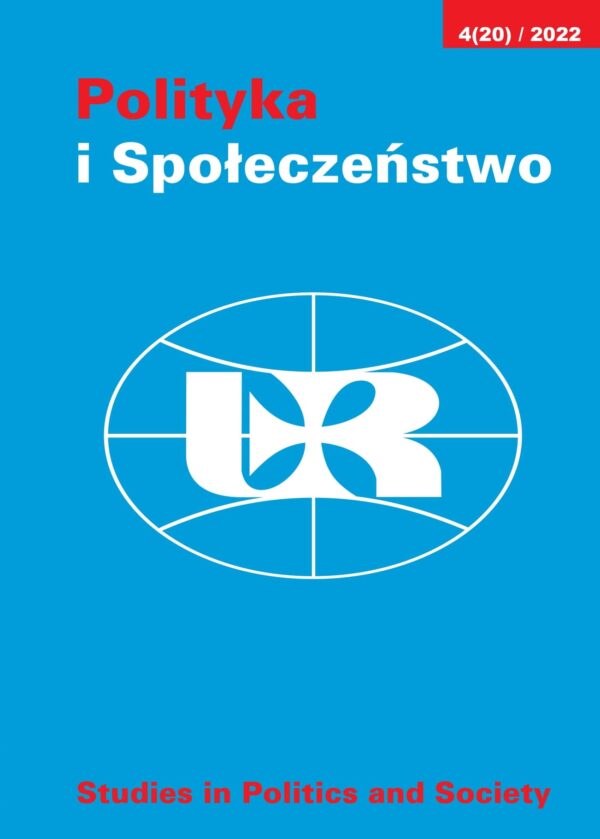Possibilities of adopting emigrant patterns of military and civic education in modern pro-defence organisations
DOI:
https://doi.org/10.15584/polispol.2022.4.27Keywords:
security, emigration, youth, pro-military instiutions, civil upbringing, politicsAbstract
The paper is an attempt at analysing the possibilities of implementing the emigrant patterns of military and civic education in modern non-governmental pro-defence organisations. In the light of the thesis presented by the author, building an intergenerational bridge, within which the knowledge and experience gained while on forced exile is transferred to such an organisation, may, possibly by referring to non-Communist models and traditions of the Second Polish Republic, increase, among the young generation seeking new incentives, the level of their public participation with a special focus on their active participation within the system of national security, thus constituting an important foundation for building the ethos of service for the Fatherland. The above process may be supported by the author’s recommendations that are based on the achievements of one of the emigrant military circles, or the Brigade Young Group “Pogoń” [Polish: Brygadowe Koło Młodych “Pogoń”] and the Józef Piłsudski Riflemen's Association “Rifleman” [Polish: Związek Strzelecki “Strzelec” Józefa Piłsudskiego], which has a similar profile and is the subsequent domestic equivalent of the first organisation. Experience gained while on forced exile may to some extent also be useful for other entities that pursue similar tasks outside the borders of their own country.
Downloads
Published
How to Cite
Issue
Section
License
Copyright (c) 2023 Studies in Politics and Society

This work is licensed under a Creative Commons Attribution-ShareAlike 4.0 International License.


